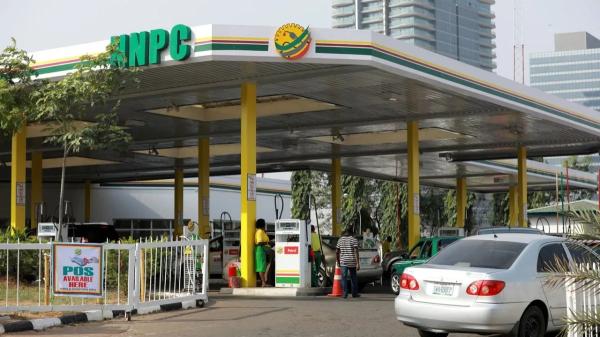
A farmer, Mr Africanfarmer Mogaji, says the shortage of farm labourers from other West African countries has adversely affected agricultural production in the south-western part of the country.
He told News Agency of Nigeria (NAN) in Abuja on Wednesday that the migrant labourers often complained that due to the low naira exchange rate, farm work in Nigeria was no longer lucrative.
Africanfarmer Mogaji, formerly known as Afi-Oluwa Mogaji, changed his name in 2014 when he won the NYSC Farmers Award for introducing bee-keeping in Jigawa.
He was also named by United States Agency for International Development (USAID) as the “Champion of Change’’.
Mogaji said that citizens of West African countries such as Togo, Benin and Ghana usually came to Nigeria to work as farm labourers for one year, adding that the farm workers were, however, paid in the naira, the local currency, at the end of the year.
“When they are they paid at the end of the year and they will convert the money to foreign currencies for onward transfer to their various countries of origin.
“The payment is, however, different from the stipend that we pay them for their upkeep,’’ he added.
Mogaji said that due to the decline in the value of the naira, it was no longer economically viable for the migrant labourers to continue with the job, as most of them now preferred to stay in their countries and look for alternative means of survival.
He said that the development had consequently affected farm production, particularly in the south-western part of the country.
“Labourers are now very hard to come by in Oyo State, for instance, and if you are lucky to find one, you will have to pay him a wage that is at least twice the old rate,’’ he said.
Mogaji said that this development had particularly affected agricultural production in Oyo State, adding that it had reduced production by 40 per cent.
“Now, the average productivity of big farmers is around 60 per cent, as against 100 per cent, while most of the small-scale farmers are just striving to cope.
“Generally across the South West (geopolitical) zone, farming has been very challenging and things are not getting better because of the ageing farmers and the labour problems.
“The dearth of labourers has made food production in the area to reduce drastically and this could still be more devastating.
“Many of the labourers enter the country legally, as majority of them come in with valid documents.
“They come in through the borders and have their papers stamped, though we cannot rule out some illegal ones. However, in accordance with the ECOWAS agreement, people can move freely across borders in the sub-region,’’ he said.
Mogaji said that the only panacea to the nascent crisis was for all stakeholders in the agricultural sector to gradually phase out manual labour on the farm and initiate pragmatic strategies to adopt mechanised farming.
He said that farmers in the South West region, if given the necessary tools and financial assistance, had the capacity to double their productivity and strengthen efforts to boost the country’s food security.





















